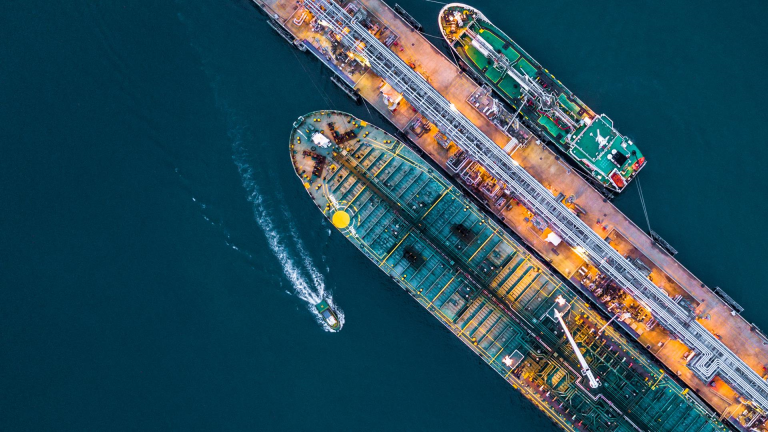When buying marine heavy fuel oil, several things to keep in mind. Marine fuels are considered distillate fuels used in high and medium-powered vessels. They are not commonly available in marinas. Do not use marine fuel in ordinary diesel motors. If you have any doubts about the fuel and oil you should use for your engine; you should consult the owner’s manual. The manual is usually available online. You can also get your manual from an authorized dealer of your boat.
Avoid ethanol-based fuels
If you want to save money while fueling your boat, you should avoid ethanol-based marine gasoline. While most fuels contain ethanol, some do not. West Marine reports that E10 is OK to use in boat engines, but E15 is not currently available in the market. The main reason you should avoid ethanol is that ethanol attracts water and can harm your marine engine. Even though E10 costs less than E10, a higher percentage of ethanol can damage your engine.
Keep good records of fuel consumption.
One important thing to keep in mind when buying marine gas is maintaining good records of your vessel’s fuel consumption. You’ll need to keep track of the hours you operate your vessel, the distance you travel, and the amount of fuel you use. You should also note other factors such as coolant and exhaust temperatures, oil pressures, and speed over the ground. By keeping track of these factors, you’ll know whether you need to purchase more or less fuel or increase your fuel amount.
Pay close attention to the oil to gas ratio.
When purchasing marine gasoline, you should pay close attention to the oil to gas ratio. The ratio can range from 24 to 50 gallons, and you’ll need approximately 2.6 ounces of oil for each gallon of gas. To make this calculation:
- Use a fuel ratio calculator, such as the one below.
- Pour the mixture into your fuel tank.
- Repeat the process each time your engine needs fuel.
Avoid spills
Buying marine fuel at the marina should have a clean-up area with spill-proof pads nearby. Using soap and detergent to clean up spills is not advised. These substances can disperse the fuel, causing more problems. Always dispose of the spilt product immediately. However, spills should be reported to law enforcement immediately. In some cases, spills are unavoidable.



